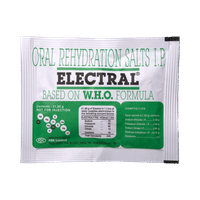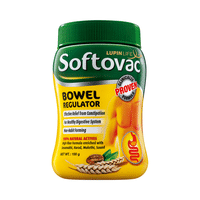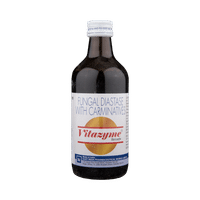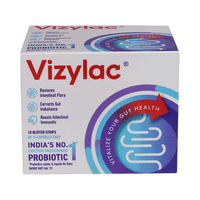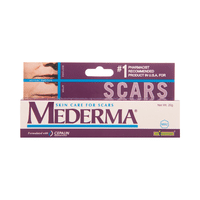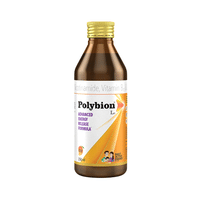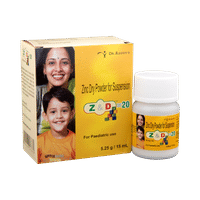Npcin D Suspension
food interaction for Npcin Suspension
alcohol interaction for Npcin Suspension
pregnancy interaction for Npcin Suspension
lactation interaction for Npcin Suspension
food
alcohol
pregnancy
lactation
Npcin D Suspension may be taken with or without food, but it is better to take it at a fixed time.
None
None
CAUTION
It is unsafe to consume alcohol with Npcin D Suspension.
UNSAFE
Npcin D Suspension is generally considered safe to use during pregnancy. Animal studies have shown low or no adverse effects to the developing baby; however, there are limited human studies.
SAFE IF PRESCRIBED
Npcin D Suspension is safe to use during breastfeeding. Human studies suggest that the drug does not pass into the breastmilk in a significant amount and is not harmful to the baby.
There may be a possibility of diarrhea or rash in the baby.
There may be a possibility of diarrhea or rash in the baby.
SAFE IF PRESCRIBED
SALT INFORMATION FOR Npcin 200mg Suspension
Azithromycin(200mg)
Npcin suspension uses
{med_name} is used in the treatment of bacterial infections. It is used in bacterial infections of tonsils, sinus, ear, nose, throat, skin and soft tissues and lungs (pneumonia).
How npcin suspension works
Npcin D Suspension is an antibiotic. It works by interfering with the synthesis of essential proteins required by bacteria to perform important functions. By doing so, it stops the infection-causing bacteria from growing further and prevents the infection from spreading.
Common side effects of npcin suspension
Vomiting, Nausea, Abdominal pain, Diarrhea, Headache, Palpitations, Chest pain, Indigestion, Flatulence, Dark colored stool, Vaginal moniliasis, Vaginal inflammation, Fatigue, Rash, Itching, Photosensitivity, Nephritis, Dizziness, Vertigo, Angioedema (swelling of deeper layers of skin)
SUBSTITUTES FOR Npcin Suspension
48 Substitutes
48 Substitutes
Sorted By
- Karizma 200mg Suspension(15 ml Suspension in bottle)Kare Health Specialities Pvt LtdRs. 2.01/ml of Suspension
 Rs. 31save 26% more per ml of Suspension
Rs. 31save 26% more per ml of Suspension  Rs. 45pay 7% more per ml of Suspension
Rs. 45pay 7% more per ml of Suspension- Throin 200mg Suspension(30 ml Suspension in bottle)LifeCare Formulation Pvt LtdRs. 1.36/ml of Suspension
 Rs. 42save 50% more per ml of Suspension
Rs. 42save 50% more per ml of Suspension - Azi Aid 200mg Suspension(15 ml Suspension in bottle)Innova Formulations Pvt LtdRs. 3.55/ml of Suspension
 Rs. 55pay 31% more per ml of Suspension
Rs. 55pay 31% more per ml of Suspension - Zithium XL 200mg Suspension(30 ml Suspension in bottle)Alkem Laboratories LtdRs. 3.50/ml of Suspension
 Rs. 114.24pay 29% more per ml of Suspension
Rs. 114.24pay 29% more per ml of Suspension
Expert advice FOR Npcin Suspension
- Your child must complete the entire course of this medicine. Stopping too soon may cause the bacteria to multiply again, become resistant, or cause another infection.
- Give Azithromycin with food to avoid an upset stomach.
- Encourage your child to drink plenty of water in case diarrhea develops as a side effect.
- Azithromycin will not be effective for viral infections. However, the doctor may prescribe this medicine in case of a secondary bacterial infection. So make sure to speak to your child’s doctor first.
- Only give Azithromycin to your child for their current infection. Never save medicine for future illnesses.
- Stop the medicine and contact the doctor immediately if your child develops an itchy rash, facial swelling, and breathing difficulties soon after the intake.
Frequently asked questions FOR Npcin 200mg Suspension
Azithromycin
Q. What if I give too much of Npcin D Suspension by mistake?
Npcin D Suspension is unlikely to cause any harm if an extra dose is given by mistake. However, if you think you have given too much of Npcin D Suspension to your child, immediately speak to a doctor. Overdose may cause unwanted side effects and may even worsen your child’s condition.
Q. Are there any possible serious side effects of Npcin D Suspension?
Some serious side effects of this medicine include persistent vomiting, kidney damage, allergy, diarrhea, and severe gastrointestinal infections. Always consult your child’s doctor for help in such a situation.
Q. Can other medicines be given at the same time as Npcin D Suspension?
Npcin D Suspension can sometimes interact with other medicines or substances. Tell your doctor about any other medicines your child is taking before starting Npcin D Suspension. Also, check with your child’s doctor before giving any medicine to your child.













